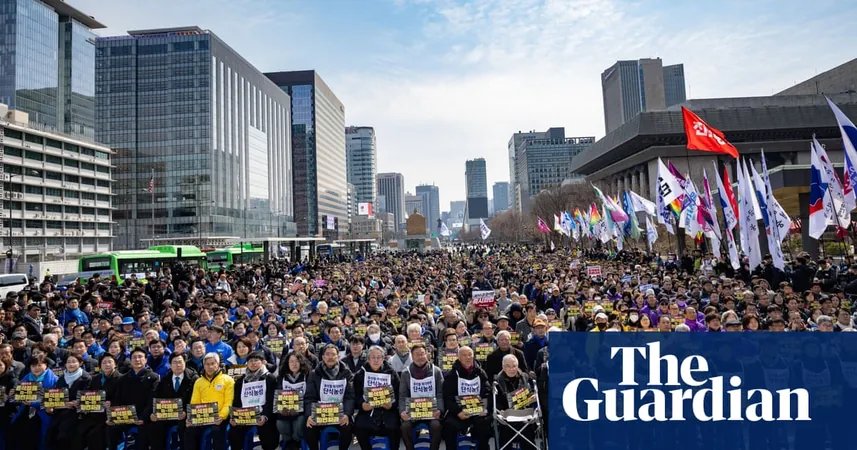
South Korea Faces Turmoil as Constitutional Court Prepares for High-Stakes Ruling on President Yoon's Impeachment
2025-04-03
Author: Ken Lee
Overview
Seoul's usually tranquil streets have transformed into a tense political battleground as the nation braces for a monumental verdict from the Constitutional Court regarding President Yoon Suk Yeol's impeachment. This critical decision, expected on Friday, follows months of turmoil that began when Yoon declared martial law, igniting South Korea's worst political crisis in decades.
The Court's Location and Political Climate
The court is located in Anguk, a neighborhood ironically named "peaceful country," as citizens eagerly await the ruling that stems from a parliamentary vote to impeach Yoon over his shocking attempt to suspend democratic processes last December. The outcome of this ruling could either solidify Yoon's presidency or lead him to join the ranks of other ousted South Korean leaders.
Security Measures and Public Response
To prepare for potential unrest, an unprecedented security operation is in full swing, deploying over 14,000 police officers—more than 10% of the nation's total police force—across Seoul. Authorities have established a "vacuum state" within a 100-metre radius of the court to deter demonstrations, leading to significant disruptions to traffic and public services, including the closing of metro stations, schools, and even gas stations to prevent arson.
Additional Precautions
In addition to these measures, the court's surrounding area has been heightened with anti-drone technology and the prohibition of rooftop access to prevent potential violent incidents. Vendors have been instructed to remove any items that could potentially serve as weaponry, highlighting the severity with which South Korea is taking this unfolding situation.
Potential Outcomes and Implications
If the court chooses to uphold the impeachment, it would trigger a presidential election within 60 days. Conversely, if Yoon is reinstated, he would effectively make a remarkable comeback from what many considered a political downfall. Compounding his predicament is a separate criminal trial where he faces severe charges, including instigating insurrection, a crime that could lead to life imprisonment.
Public Sentiment and Protests
The past weeks have been filled with protest as both supporters and opponents of Yoon expressed their views through large rallies, sometimes escalating to violence. Activist Lee Han-sol shared his concerns, stating, “The people are overwhelmed with fatigue and frustration as ... ongoing crises remain unresolved.” Meanwhile, Yoon's supporters rallied with slogans reminiscent of Donald Trump's, emphasizing their belief in an unlawful impeachment process.
Historical Context
This monumental ruling comes in the shadow of previous political upheavals in South Korea, including the fallout from the impeachment of former President Park Geun-hye in 2017, which was met with protests and tragic outcomes. The court’s decision is, therefore, not just a legal judgment but a pivotal moment for South Korea's political future.
Law Enforcement Preparedness
Lee Ho-young, the acting police chief, confirmed that they are preparing for "worst-case scenarios," given the high-stakes environment leading up to the court's decision. The constitutional court is under pressure to expedite its ruling, with critics echoing sentiments that the ongoing delay is "abnormal and irresponsible."
Call for Calm
As the unrest continues to bubble over, the message from acting President Han Duck-soo urges calm and an adherence to the rule of law, regardless of the impending verdict: “Whatever decision is made, we must calmly and coolly accept the result,” he stated.
Threats of Resistance
Tensions remain high, especially with incendiary comments from Yoon’s allies, including a far-right pastor who threatened resistance against unfavorable court rulings. As South Korea approaches this pivotal moment, the eyes of the nation—and indeed the world—will watch closely to see the path forward for President Yoon and the country's democracy.

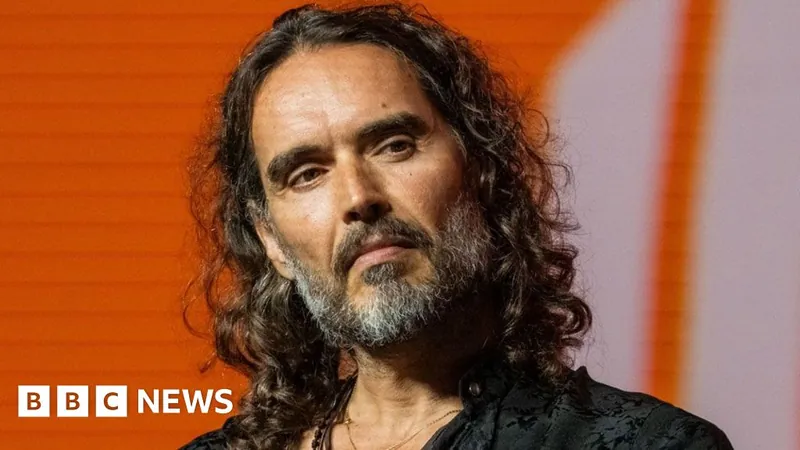
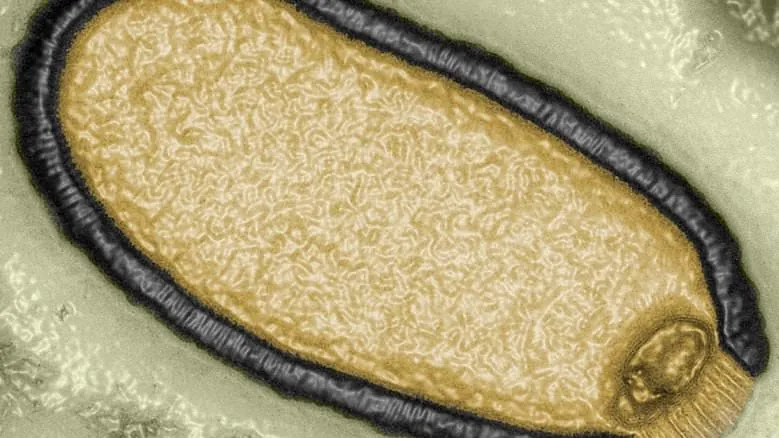
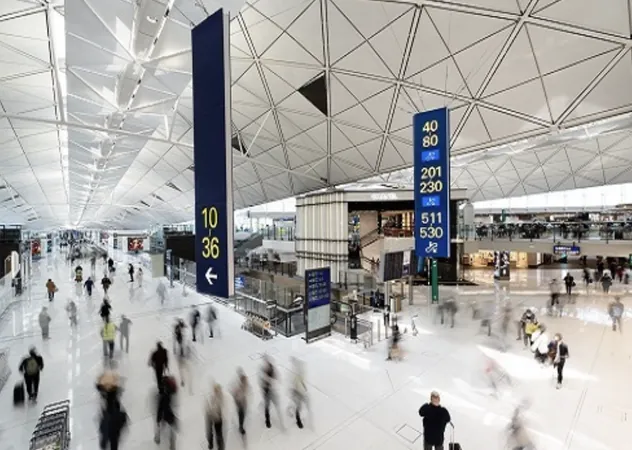
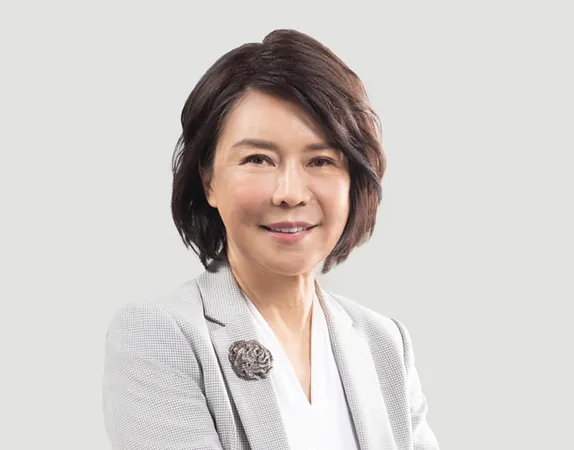
 Brasil (PT)
Brasil (PT)
 Canada (EN)
Canada (EN)
 Chile (ES)
Chile (ES)
 Česko (CS)
Česko (CS)
 대한민국 (KO)
대한민국 (KO)
 España (ES)
España (ES)
 France (FR)
France (FR)
 Hong Kong (EN)
Hong Kong (EN)
 Italia (IT)
Italia (IT)
 日本 (JA)
日本 (JA)
 Magyarország (HU)
Magyarország (HU)
 Norge (NO)
Norge (NO)
 Polska (PL)
Polska (PL)
 Schweiz (DE)
Schweiz (DE)
 Singapore (EN)
Singapore (EN)
 Sverige (SV)
Sverige (SV)
 Suomi (FI)
Suomi (FI)
 Türkiye (TR)
Türkiye (TR)
 الإمارات العربية المتحدة (AR)
الإمارات العربية المتحدة (AR)